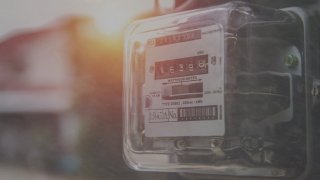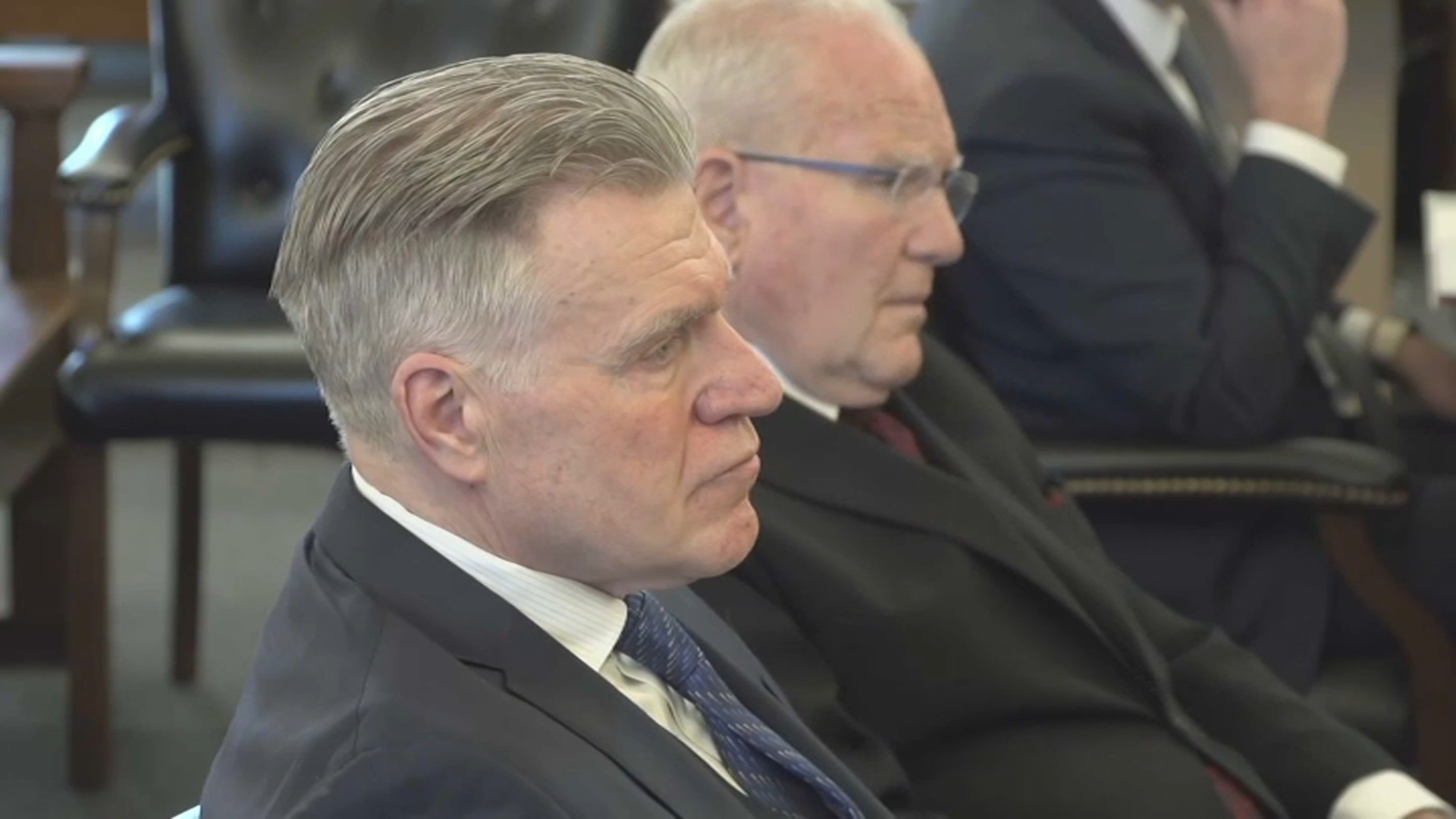
For some people over the past few days in the Boston area, opening their utility bill has been a pretty unpleasant surprise.
The results of recent rate hikes seem to be clearly reflected in some utility customers' bills, including Kevin DeForge, who said his bill went from $90 to around $360.
WATCH ANYTIME FOR FREE
Stream NBC10 Boston news for free, 24/7, wherever you are. |
He called the increase "absurd."
Here's what to know about rising energy costs in New England.
Get updates on what's happening in Boston to your inbox. Sign up for our News Headlines newsletter.
How Much Have Energy Rates Increased?
How much and when energy customers' bills go up depend on which company is their provider.
Local
In-depth news coverage of the Greater Boston and New England area.
National Grid’s winter energy price hikes went into effect on Nov.1, causing the average monthly electric bill to go up by around 64% and the average monthly natural gas bill to increase by 24%.
Meanwhile, in a news release from Eversource dated Nov. 18, the energy provider said it had filed new electricity prices that would go into effect Jan. 1, if approved by the Department of Public Utilities. The new prices would cause a residential electric customer who uses 600 kilowatt hours of power each month to see a 23% increase — around $46.66 a month — on the supply portion of the bill.
Previously, Eversource said their natural gas customers would see an increase of about 38% on Nov. 1.
What's the Reason Behind the Increase?
There are a few factors coming together that energy companies say are combining to create the perfect storm of rising costs.
Officials at National Grid have blamed the war in Ukraine, high demand and inflation for driving up consumers' bills. Eversource has cited "global pressures" as being behind the rate increases.
Back in October, the CEO of Eversource Joe Nolan wrote a letter to President Joe Biden, explaining his concerns that New England may not have enough natural gas to meet the region's electricity supply if the winter is colder than anticipated.
He urged Biden to use the federal government's emergency powers to take steps to ensure that adequate fuel resources will be available in the event of a colder than expected New England winter.
“As both an energy company CEO and a lifelong New Englander, I am deeply concerned about the potentially severe impact a winter energy shortfall would have on the people and businesses of the region,” Nolan said at the time.
How to Save on Your Energy Bills
Mass Save offers ways to save on your energy bills on its website.
Your thermostat can make a big difference.
Mass Save recommends people keep it set at 68 degrees or lower for heating, and change it by 7-10 degrees when leaving the house for more than two hours or going to sleep. Experts say that programmable thermostats may help if you keep a fixed schedule.
Homeowners may also want to look at their insulation and sealing, to ensure they're not losing any heat they don't have to be.
You can install weather-stripping on doors and caulking around windows and doorframes. It's advisable to check for air leaks in places like attics, basements and ductwork on exterior walls.
As for lighting, ensure that you are using LED light bulbs, which use up to 90 percent less energy and last much longer. Use less-bright bulbs in areas that you don't typically do close-up work, like reading or cooking.
Where to Turn if You Need Help
As consumers face rising energy costs ahead of winter in Massachusetts, there are resources people can go to to make sure the heat stays on, even if you're having trouble paying.
Mass Save
Renters, homeowners and small businesses can get a free energy audit done by Mass Save, which will find opportunities for insulation and air sealing.
Incentives are also available through Mass Save for heating system upgrades, weatherization and insulation upgrades, water heaters, programmable thermostats, appliances and more.
Some may qualify based on income leaves for help with energy-saving upgrades, like insulation upgrades.
Help Paying Your Bills
- You can reach out to your utility company if you're having trouble paying a gas or electric bill. Use this link to find contact information.
- You can call the state hotline for social service programs at 211, or visit this website to learn more about the Low Income Home Energy Assistance Program.
- If you aren't eligible for that program, you may be able to receive a one-time grant through the Salvation Army’s Good Neighbor Energy Fund.
- Utility companies are not allowed to turn off gas or electric heat between Nov. 15 and March 15. If your heat gets shut off, contact the utility company directly. If that doesn't work, reach out to the Department of Public Utilities at 877-886-5066 or file a complaint involving a gas, electric, or water company online.



